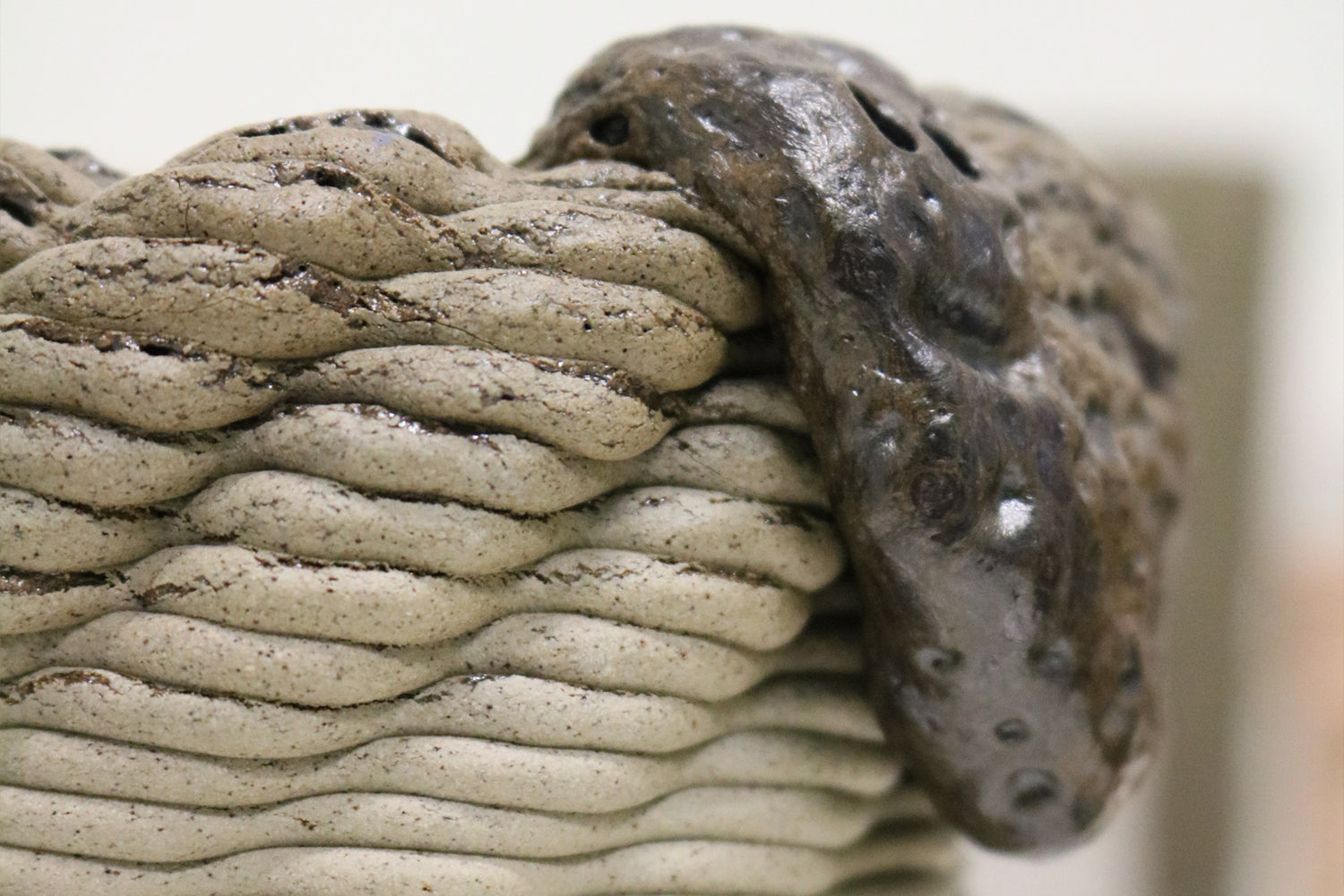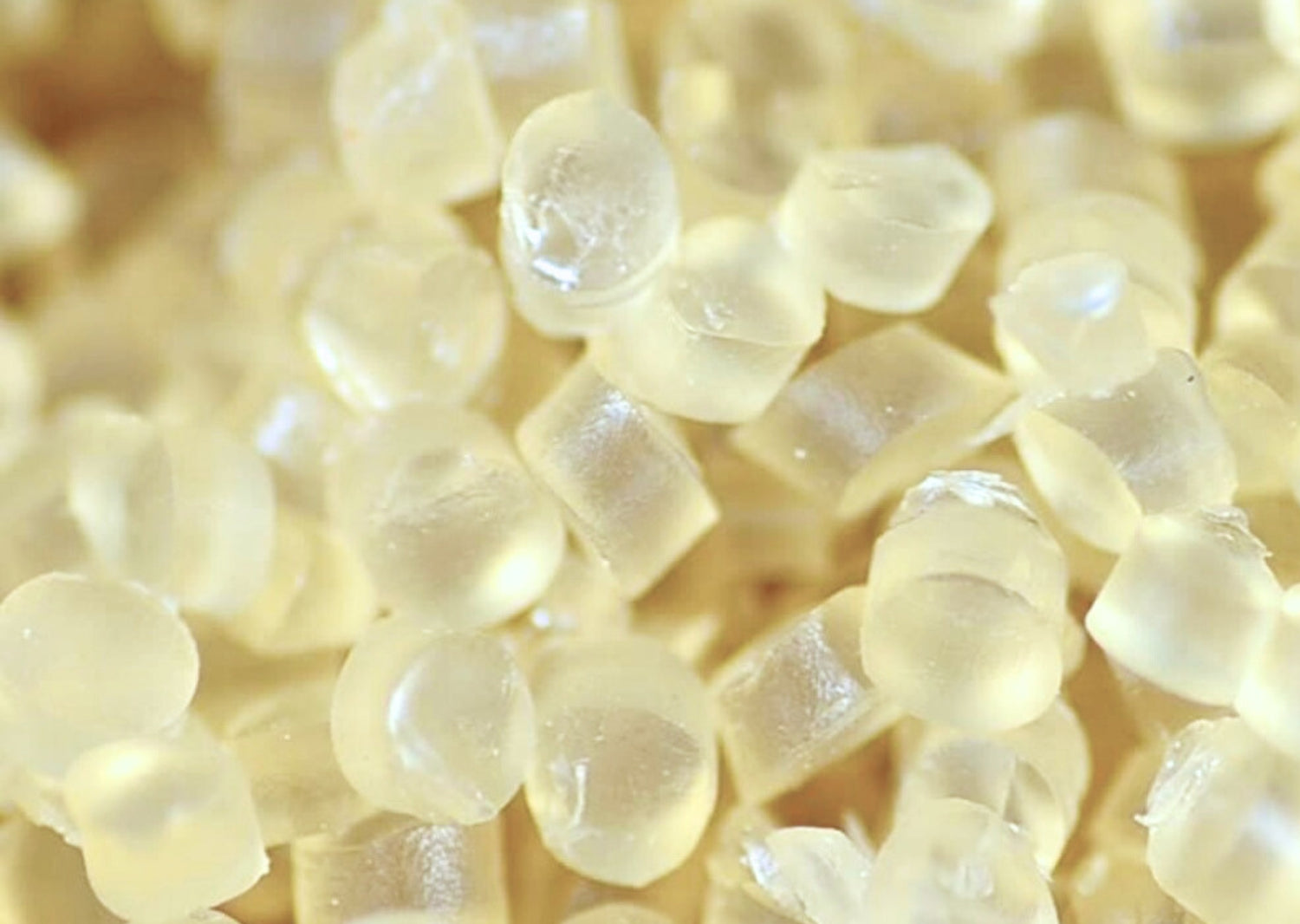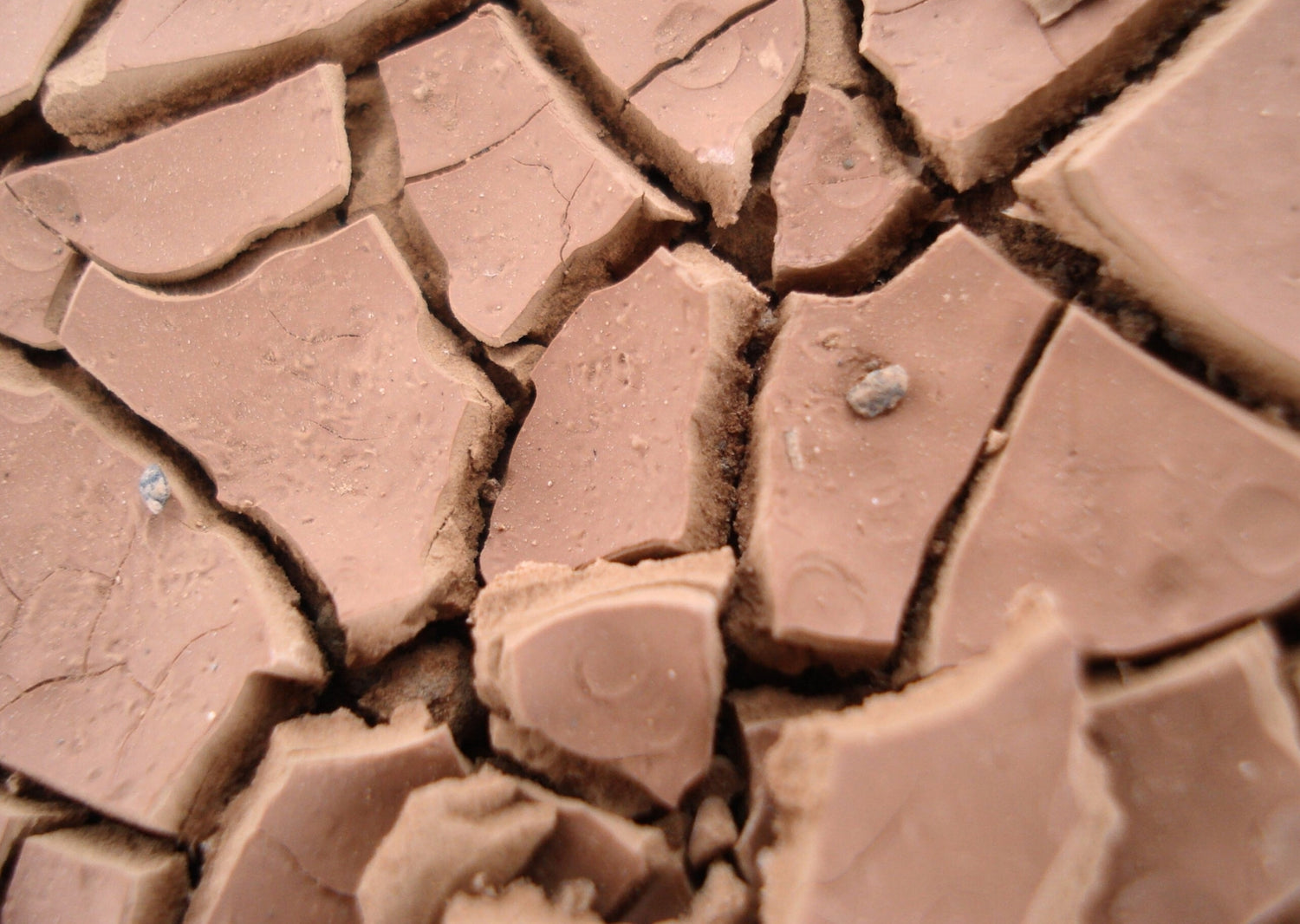
We investigate the relationship between 3D printing, design, and sustainability.
-
The material used for the Mediterranea products is material derived from renewable resources, with the addition of natural dye.
-
Our furnishings and accessories are designed, on one hand, to have no negative impact on the environment and, on the other, to meet the needs of modern life by making unique spaces and enhancing the experience of anyone who lives in them.
Research is underway to transform the waste from our furniture into new products and materials that can be reused by 3D printers, closing the production cycle in an example of circular economy.

PLA
Is an innovative bioplastic derived from the transformation of sugars present in corn, renewable and non-petroleum-derived materials, it’s biodegradable.
-

Biobased Content
PLA is derived from organic content.
-

Organic Recycling - Industrial Composting
PLA is a compostable material in municipal and industrial composting facilities where available.
-

Food Packaging Materials Compliance
PLA biopolymer is suitable for food contact applications.
-

Chemical Control Law Compliance
PLA is safe for human health and the environment from any unreasonable risks associated with chemical substances.

GRES
Gres are an eco-friendly choice due to their use of abundant natural materials like clay, their exceptional durability, and the ability to be recycled or returned to the environment without harm.







